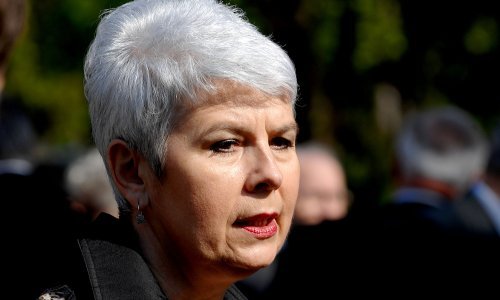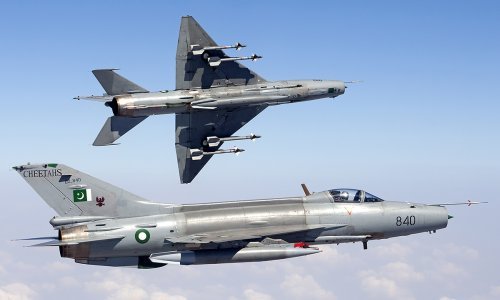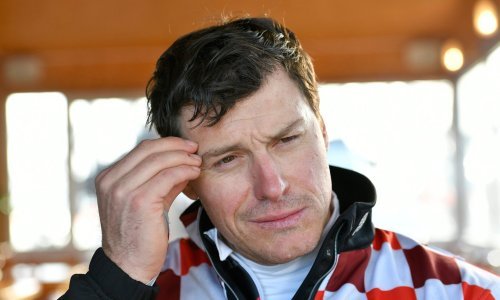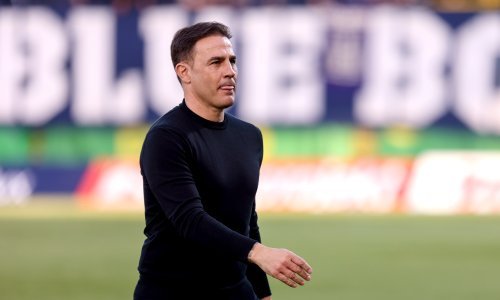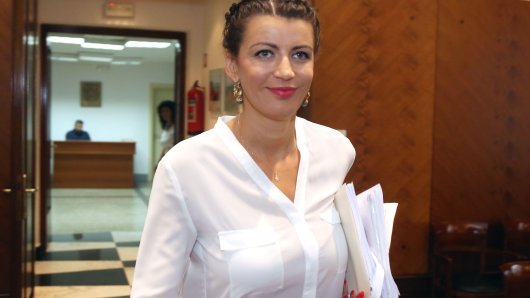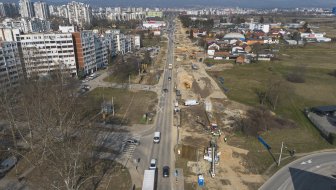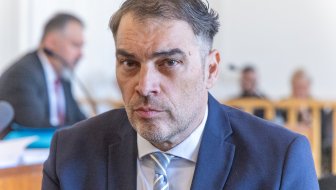A Croatian representative on the Supervisory Board of the INA oil company, Damir Vandjelic, said in the trial of former prime minister Ivo Sanader on Friday that the Hungarian oil company MOL as the strategic partner in INA had ignored its obligation to upgrade INA's refineries and was responsible also for omissions which had resulted in a decline of INA's share in the markets in the region.
The amendments to the 2009 shareholders' agreement signed with MOL by the government led by Sanader included an obligation to modernise the company's refineries in Rijeka and Sisak. However, since the amended agreement did not envisage any penalties for failure to carry out the modernisation, it was never completed, Vandjelic said in the trial of Sanader, former PM and leader of the Croatian Democratic Union (HDZ), accused of transferring to MOL management rights in INA for a bribe of 10 million euros.
The witness said the amended agreement did not make it possible for the Supervisory Board to have any influence on the company's annual budget and investment plan.
Failure to carry out the modernisation was one of the reasons why INA lost a part of its regional market, with its market share in Bosnia, Serbia, Albania, Macedonia and Montenegro dropping from 32 to 20 percent, said Vandjelic.
The decline in the company's presence on the regional markets continued in 2009 and 2010, with the company losing more than 14 percent of its market share in those two years alone, he said.
Asked who had taken over parts of INA's market share, Vandjelic said the strategic partner MOL operated in those markets on its own as well and that while INA saw its share reduced, MOL increased its share.
Asked by Sanader's defence if MOL had entered INA's ownership structure to sabotage it, Vandjelic said he could not draw such conclusions.
"I believe that the Hungarian side in INA has been acting in line with the amended shareholders' agreement, and experts should determine who is responsible for the damage," he said.
Asked if a shareholder with a bigger stake must have considerably greater management rights, he said that it did not have to be so.
Vandjelic confirmed that the amendments to the shareholders' agreement envisaged the divestiture of INA's loss-making gas business, which eventually was not carried out entirely.
The prosecution in the case alleges that one of the reasons why Sanader took the bribe was to make it possible for INA, before the transfer of management rights to MOL, to divest its loss-making gas business.
Vandjelic, who was appointed to the INA Supervisory Board by the previous government, led by Jadranka Kosor, told the court that Croatian representatives on the management board did not have influence on INA's operations, as well as that after the change of the company's management structure, two crucial goals - Croatia's energy stability and growth of INA's market - had been neglected.
Similar claims were made last week by two Croatian representatives on INA's Management Board, Ivan Kresic and Davor Mayer.
Sanader's defence objected to their statements as well as to Vandjelic's testimony.
"The witness is practically claiming that MOL bought INA to destroy it," attorney Cedo Prodanovic said.
Apart from bribery charges, Sanader also stands accused in this case of war profiteering, namely of taking a commission from the Austrian Hypo bank from which Croatia took a loan in the early 1990s to buy embassy buildings.
The trial will continue on April 26 with the testimony of Davor Stern, chairman of INA's Supervisory Board.
The trial of Sanader in the Fimi Media case, the biggest corruption scandal in Croatia's history, continues on Monday, April 23.





